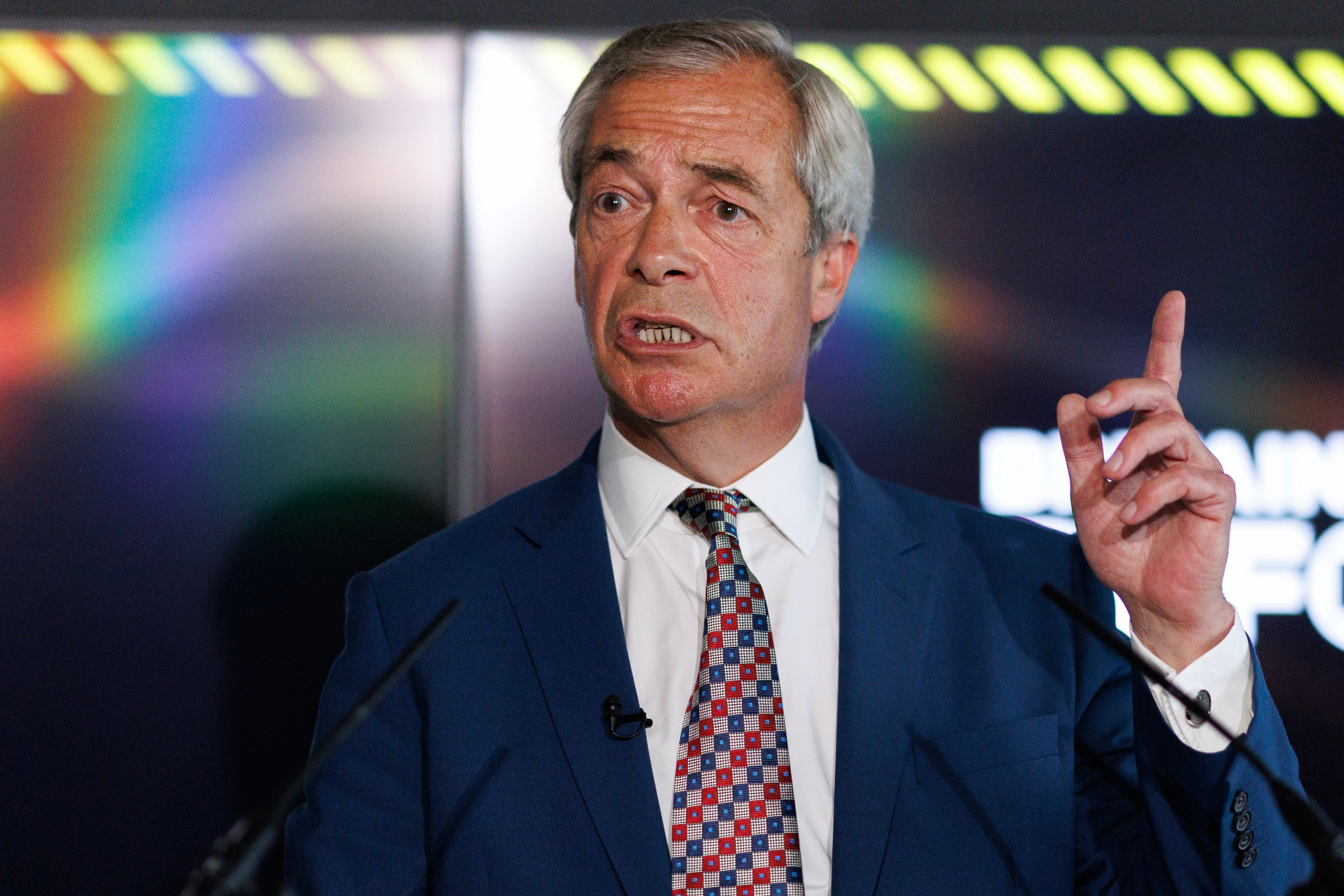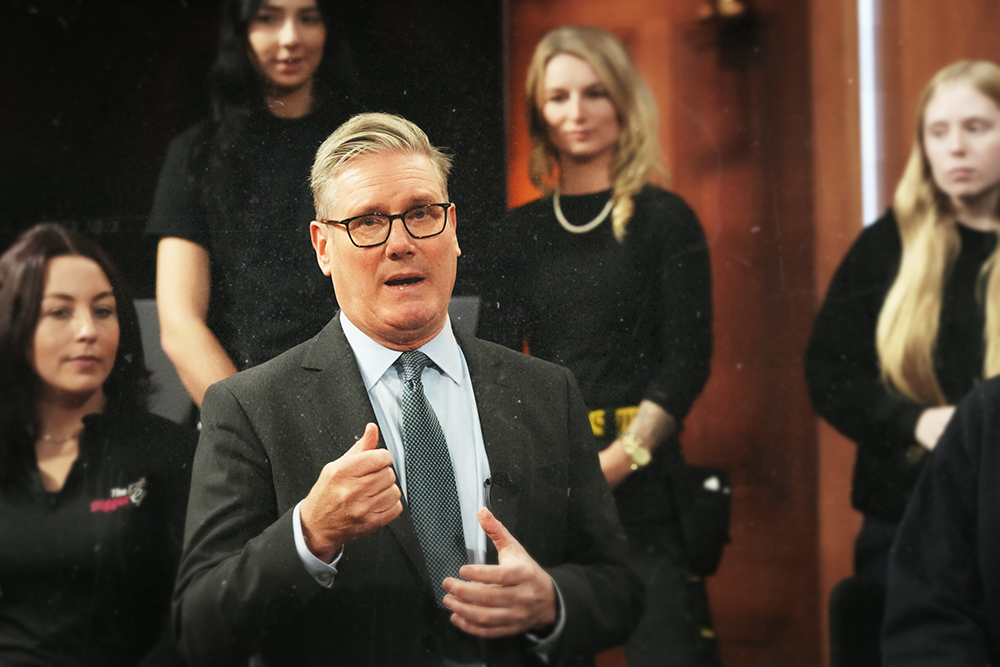In Westminster, tradition often trumps innovation, and Nigel Farage’s latest demand has stirred the pot with characteristic vigour. The Reform UK leader has called on the Prime Minister to grant his party the right to nominate peers to the House of Lords, framing it as a correction to a glaring ‘democratic disparity.’ Far from a personal vanity project, this is a plea for proportionality in our unelected upper chamber, where Reform, with its four MPs, control of ten councils, and a commanding lead in national polls, remains conspicuously absent. As reported in the Times, Farage points to the Greens, who boast four MPs yet two peers, and the DUP with five MPs and six lords, underscoring Reform’s exclusion despite garnering over 4.1 million votes in the 2024 election. It is, in essence, a reasonable and apposite request for a party that has transcended fringe status to become a formidable force in British politics.
It is a reasonable and apposite request for a party that has transcended fringe status to become a formidable force in British politics
Looking back, this scenario echoes warnings from these very pages. In January, I made the case that Farage must steel himself for constitutional battles, including the potential need to ‘pack the Lords’ with new peers should Reform ascend to power. I also advised a robust manifesto to navigate the Salisbury Convention, lest the upper house – bloated with Tory and now burgeoning Labour appointees – thwart a future Reform agenda.
And now here we are, with Starmer apparently reluctant to act on what is, by any measure, Farage’s very modest proposal. Reform does not seek the abolition of the Lords right now (though Farage has flirted with that idea) but mere representation commensurate with its electoral heft. To deny this risks engineering a full-blown constitutional crisis, one deliberately constructed by a government more intent on stonewalling than statesmanship. If Starmer blocks this proposal, he will be setting the stage for Reform to ‘pack’ the chamber when the political winds shift, and shifting they are.
Consider the intemperate response from Defence Secretary John Healey, who dismissed Farage’s overture by branding him a ‘Putin apologist’ unfit to fill the Lords with his ‘cronies.’ Such language is not merely overheated; it is frankly stupid.
Reform has been in the lead in an astonishing 82 consecutive national polls, a streak that shows its resonance with a disaffected electorate weary of establishment platitudes. Moreover, the party secured victory in the only by-election of this Parliament, in a contest that exposed Labour’s vulnerabilities. And let’s not forget the local gains: Reform has swept council seats across the country, particularly in traditional Labour heartlands, seizing hundreds of positions and outright control of ten authorities in the May 2025 locals. These are not the hallmarks of a fleeting protest vote, but a movement embedding itself in the fabric of the nation. Healey’s barbs, laced with McCarthyite insinuations about Russia, are a deflection that diminishes his office.
This episode reveals a deeper malaise afflicting Labour: a depletion of substantive political arguments, supplanted by schoolyard taunts. Witness Technology Secretary Peter Kyle’s grotesque accusation that Farage, by opposing aspects of the Online Safety Act, sides with ‘people like Jimmy Savile’, a smear explicitly backed by No. 10. Such rhetoric, invoking one of Britain’s most reviled figures to score points in a policy debate, is not debate at all; it is desperation. Labour, once the party of principled opposition, is resorting to character assassination, dividing the nation rather than uniting it. This is no way to govern, especially when the stakes involve our constitution’s integrity.
Almost all serious commentators now view a Farage-led government after the next general election as not just possible, but likely. The consensus is clear: team Farage is ascendant. To play these stupid games, as the Labour front bench persists in doing, exposes them as deeply unserious stewards, not only of our economy, but of our very constitution.
In granting Reform Lords representation, Starmer could demonstrate statesmanship, bridge divides and honour our democratic history. Failing to do so would only court chaos. Farage’s request is modest; refusing it would be a monumental folly. As the polls tighten and Reform surges, the Prime Minister would do well to heed history’s lessons before electoral reality overwhelms him.








Comments